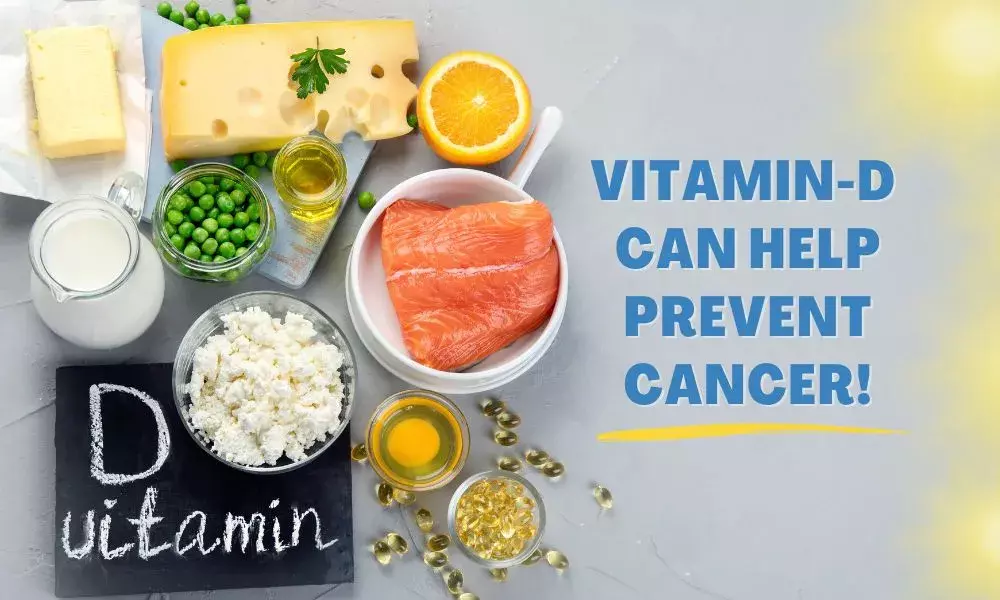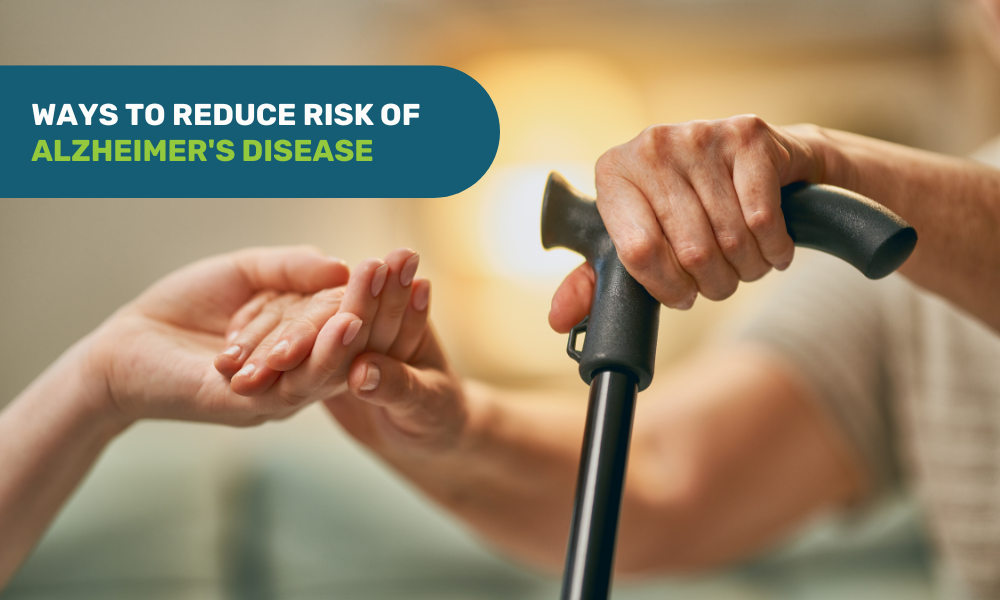Vitamin D deficiency may increases risk of Cancer!
Researchers in recent studies have established a direct link between our Vitamin D levels and the cancer-fighting capability of our body. Individuals with good Vitamin D are observed to have lower chances of developing Cancer rather than ones having lower vitamin D deficiency.
Vitamin D is a fat-soluble vitamin that helps our body absorb calcium, magnesium, and phosphorus. It has an important role in bone development and growth.
However, as per new research, the role of Vitamin D is much more than calcium absorption and bone growth. It is pivotal in fighting against cancerous cells.
According to a recent study*, Vitamin D reduces cancer cell growth, normalizes inflammation, and helps control infections.
A study from the American Cancer Society reveals that vitamin D plays a crucial role in regulating our immunity. It states that, it is important to maintain sufficient vitamin D levels while taking immunotherapy medications (immune checkpoint inhibitors, a treatment given in advanced skin cancer).
This study was conducted on 200 patients taking immune checkpoint inhibitors, and it was observed that 56% of patients who showed better and faster recovery had normal levels of vitamin D and were taking vitamin D supplements. On the other hand, 36% of patients who showed weak responses toward the treatment had low vitamin D levels and took no Vitamin D supplements.
As per the scientists who conducted this study, vitamin D is not an anti-cancer drug; however, having a normal vitamin D level can help in faster recovery.
Another study published in 2017 in the breast cancer journal also recommended that 96 % of patients diagnosed with breast cancer had low vitamin D level. This indicates that having normal vitamin D level is crucial.
Therefore, you need good vitamin D levels, as this can reduce the risk of Cancer.
Symptoms of Vitamin D Deficiency:
-
Frequent fatigue
-
Bone pain and joint pain
-
Frequent mood changes
-
Muscle aches or muscle weakness
Causes of Vitamin D Deficiency:
-
Your body is not absorbing or using vitamin D properly.
-
No sufficient supply of vitamin D through diet or sunlight.
-
Medical conditions like Obesity, liver disease, kidney disease, cystic fibrosis, and celiac disease.
How to treat Vitamin D deficiency?
Vitamin D deficiency can be dangerous and lead to many health complications like loss of bone density, bone fracture in elders, asthma in children, and cardiovascular diseases.
Therefore, it is best to replenish your vitamin D levels. Here are a few easy ways to increase your vitamin D.
-
Exposure to sunlight. The best time to soak yourself in the sun to get the maximum vitamin D is between 10 am to 3 pm. Several studies have proved that midday is the best time to sunbathe. At noon, the sun is at its highest point, and its UVB rays are most intense. This means that you will get more vitamin D in less time.
-
Consume fatty fish like tuna, shrimp, oyster, mackerel, and sardines.
-
Add mushrooms to your diet, they are a good source of vitamin D.
-
Have egg yolks. These can help to increase the levels of vitamin D.
-
Include fortified food in your diet, like cow’s milk, orange juice, tofu, plant-based milk, and orange juice.
-
You may take vitamin D supplements as recommended by a doctor.
Vitamin D is an essential nourishment that our body requires for growth and regulating our immunity. But at times, you may suffer from low vitamin D levels. To prevent further medical complications, ensure that you regularly monitor your vitamin D levels and consult a doctor, correct diet if your vitamin D level is low, and have a good exposure to sunlight regularly.
*Data Source: https://www.financialexpress.com/healthcare/wellness/do-vitamin-d-levels-affect-the-bodys-response-to-anti-cancer-therapy-read-on-to-find-out/3055166/





